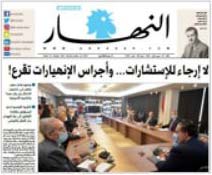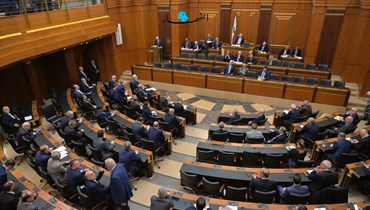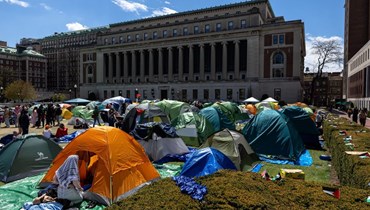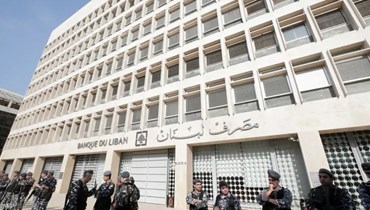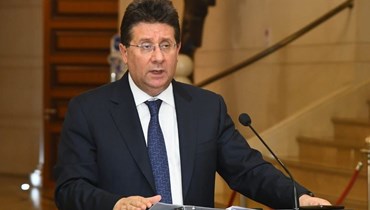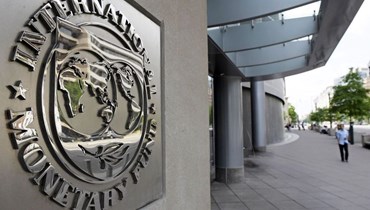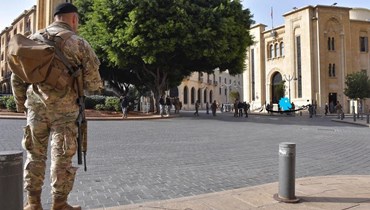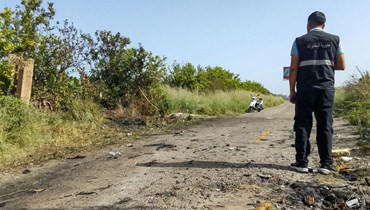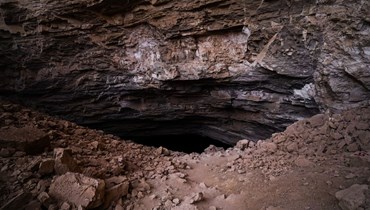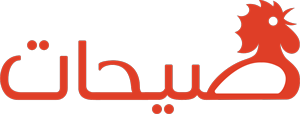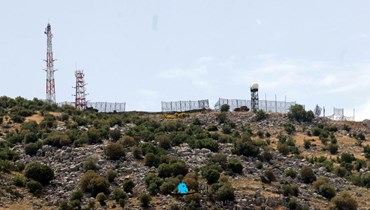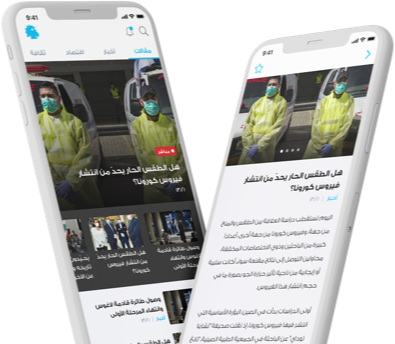AUB receives large AI grant from Google
BEIRUT: AUB joins a number global grantees studying the burgeoning field of Artificial Intelligence with the school receiving $1 million to apply AI towards water management.
Google announced at the end of last week that the American University of Beirut (AUB) is one of 20 organizations that will share $25 million in grants from Google.org, credit and consulting from Google Cloud, and coaching by Google’s AI experts as a grantee of the Google AI Impact Challenge.
The Google AI Impact Challenge was an open call to nonprofits, social enterprises, and research institutions from around the world to submit their ideas to use AI to help address societal challenges. Over 2600 organizations applied.
Google looks for scalable, socially useful applications of Artificial Intelligence that once developed and proven will be shared through open-source code to the world.
According to a statement from the school, the grantee team from AUB will receive the grant to employ machine learning (ML) models in order to process multispectral and thermal satellite imagery, local weather data, and farmer-supplied agricultural data for estimating crop water use in near-real-time at the agricultural field scale.
The proposed technology intends to revolutionize established irrigation practices by providing near-real-time water-use data predictions to farmers, enabling them to make accurate irrigation decisions and to conserve water. It will also make smart irrigation more accessible to small-scale farmers in Lebanon and other arid and semi-arid regions around the world, the school said.

“Obtaining this grant is an affirmation of the quality of our faculty members and of AUB. It also allows us to explore the positive impact of AI at a time when there is a great deal of negative press on AI and its impact on jobs, privacy, and other matters,” said Dr. Fadlo Khuri, president of AUB.
The AUB team includes Professors Fatima Abu Salem (Computer Science , Faculty of Arts and Sciences ) who will lead the AI and ML component of the project, Hadi Jaafar (Agriculture, Faculty of Agricultural and Food Sciences) who will lead the project overall as well as the remote sensing and smart irrigation component, Samer Kharroubi (Nutrition, Faculty of Agricultural and Food Sciences) who will lead the statistical modeling and analysis component, and Mazen Saghir (Electrical and Computer Engineering, Maroun Semaan Faculty of Engineering and Architecture) who will lead the embedded systems and Internet of Things component.
AUB’s Dr. Hadi Jaafar told Annahar, “This award shows the importance of agricultural water management in a water-scarce region," adding, “The project will be the first to employ AI and remote sensing in direct irrigation management at the field level using mobile technology for improving farmers livelihood and agricultural production.”
This upcoming week, Professors Jaafar, Kharroubi, and Saghir will travel to San Francisco to dive into execution. For five days, all 20 organizations receiving grants will join Google AI experts, project managers, and the startup specialists from Google’s Launchpad Accelerator. During the Launchpad phase, running from May to November, each of the 20 grantees will develop their own OKRs— objectives and key results —and set timelines for project completion.
Each organization will be paired with a Google expert who will meet with them regularly for coaching sessions, and will also have access to other Google resources and expert mentorship.

Other AI grants ranged from New York University and the Fire Department of New York (FDNY); who will team up to reduce response time for the nearly over a million service calls; the Crisis Text Line, a service that uses natural language understanding to predict when a person is sad or depressed, which will use the Global AI Impact Challenge funding to reduce wait times and more quickly serve users; the Rainforest Connection in the United States will use sensors and audio analysis to detect the sounds of illegal logging and Medecins Sans Frontieres in France is working towards creating a smartphone app that non-technical staff can use to analyze antimicrobial images to reduce the use of antibiotics, according to Google.
“We received thousands of applications to the Google AI Impact Challenge and are excited that the American University of Beirut was selected to receive funding and expertise from Google. AI is at a nascent stage when it comes to the value it can have for the social impact sector, and we look forward to seeing the outcomes of this work and considering where there is potential for use to do even more,” said Jacquelline Fuller, president of Google.


 اشترِك في نشرتنا الإخبارية
اشترِك في نشرتنا الإخبارية


